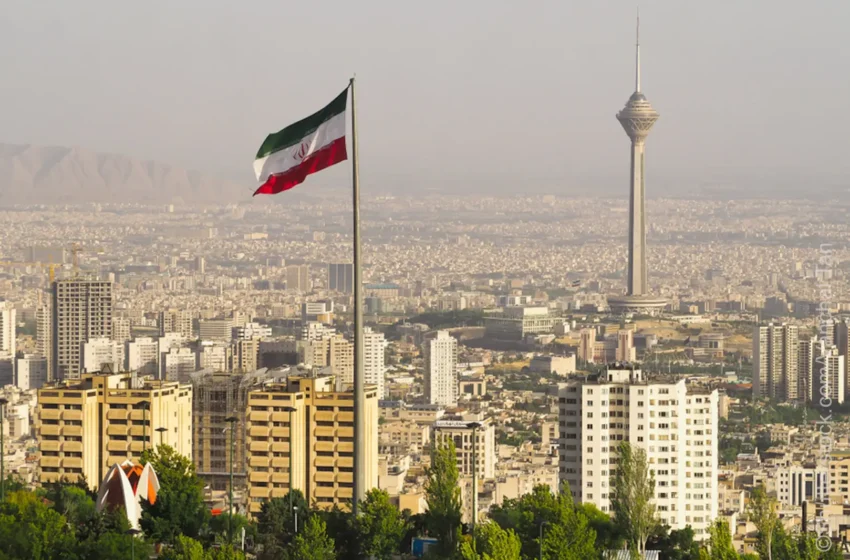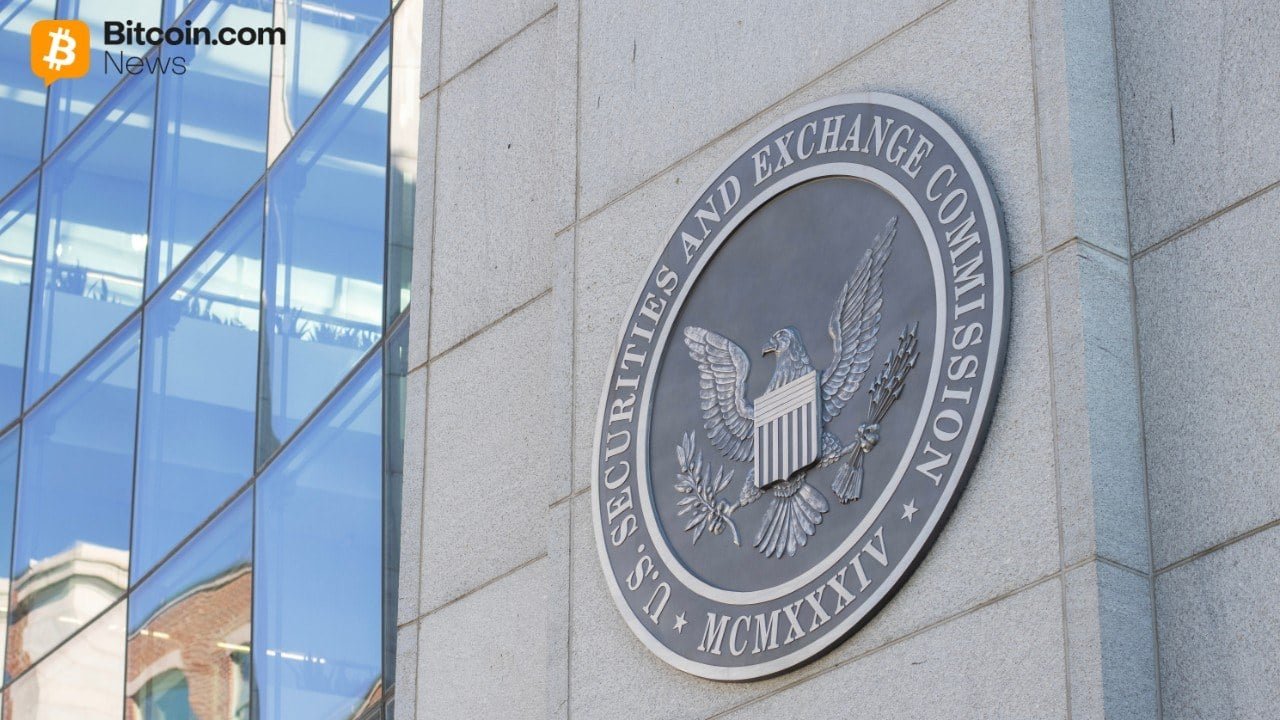Argentina Opens the Doors for Investing ‘Mattress Money’ in Crypto
Israel Freezes 187 Crypto Wallets Linked to Iran
(Originally posted on : Crypto News – iGaming.org )
Israel has taken decisive action in the crypto space, targeting wallets allegedly linked to Iran’s Islamic Revolutionary Guard Corps (IRGC). The order, issued under the country’s anti-terrorism
laws, highlights how digital assets are increasingly central to international security.
Good to know
- 187 wallets suspected of IRGC ties were frozen by Israel’s Ministry of Defense.
- Tether blacklisted 39 of the wallets following the order.
- Blockchain analytics firm Elliptic estimates these wallets handled $1.5B in USDT.
The freeze was made official by Israel’s Minister of Defense, Israel Katz. According to the directive, the freeze remains valid for two years or until property forfeiture orders are signed:
The Ministry explained that the action was tied to suspicions of the wallets being used by the IRGC, a group officially designated as a terrorist organization not only in Israel but also in the United States and several other nations.
New players only. Exclusive Welcome Bonus of up to $2,500
Tether Blacklists Part of the Wallets
As part of the enforcement, Tether has already blacklisted 39 of the flagged USDT wallets. By doing so, the company essentially prevents any further transactions from those accounts.
Blockchain analytics firm Elliptic confirmed the action and outlined the scale of activity linked to the wallets:
“Elliptic has taken urgent action to ensure that addresses that were included in the NBCTF seizure order are available to screen and trace using our next-generation Holistic blockchain analytics technology. Users will now be able to ensure that they do not inadvertently process funds originating from – or being sent to – addresses included in the seizure order.
These addresses have collectively received $1.5 billion in Tether’s USDT stablecoin. However, it is not possible to verify whether all of these transactions are directly linked to the IRGC since some of the addresses may be controlled by cryptocurrency services and could be part of wallet infrastructure used to facilitate transactions for many customers.”







 Bitcoin
Bitcoin  Ethereum
Ethereum  Tether
Tether  XRP
XRP  USDC
USDC  Solana
Solana  TRON
TRON  Dogecoin
Dogecoin  Lido Staked Ether
Lido Staked Ether  Figure Heloc
Figure Heloc  Bitcoin Cash
Bitcoin Cash  WhiteBIT Coin
WhiteBIT Coin  Cardano
Cardano  USDS
USDS  LEO Token
LEO Token  Wrapped stETH
Wrapped stETH  Hyperliquid
Hyperliquid  Chainlink
Chainlink  Wrapped Bitcoin
Wrapped Bitcoin  Ethena USDe
Ethena USDe  Binance Bridged USDT (BNB Smart Chain)
Binance Bridged USDT (BNB Smart Chain)  Monero
Monero  Canton
Canton  Stellar
Stellar  USD1
USD1  Wrapped eETH
Wrapped eETH  Rain
Rain  Zcash
Zcash  sUSDS
sUSDS  Hedera
Hedera  Litecoin
Litecoin  Dai
Dai  Coinbase Wrapped BTC
Coinbase Wrapped BTC  PayPal USD
PayPal USD  Avalanche
Avalanche  Shiba Inu
Shiba Inu  WETH
WETH  Sui
Sui  World Liberty Financial
World Liberty Financial  Toncoin
Toncoin  USDT0
USDT0  Cronos
Cronos  Tether Gold
Tether Gold  PAX Gold
PAX Gold  MemeCore
MemeCore  Polkadot
Polkadot  Uniswap
Uniswap  Mantle
Mantle  Ethena Staked USDe
Ethena Staked USDe  BlackRock USD Institutional Digital Liquidity Fund
BlackRock USD Institutional Digital Liquidity Fund  Pepe
Pepe  Aave
Aave  Aster
Aster  Falcon USD
Falcon USD  Bittensor
Bittensor  OKB
OKB  Bitget Token
Bitget Token  Global Dollar
Global Dollar  Pi Network
Pi Network  Circle USYC
Circle USYC  syrupUSDC
syrupUSDC  Ripple USD
Ripple USD  HTX DAO
HTX DAO  Sky
Sky  Ethereum Classic
Ethereum Classic  NEAR Protocol
NEAR Protocol  BFUSD
BFUSD  Ondo
Ondo  Pump.fun
Pump.fun  Superstate Short Duration U.S. Government Securities Fund (USTB)
Superstate Short Duration U.S. Government Securities Fund (USTB)  Internet Computer
Internet Computer  Cosmos Hub
Cosmos Hub  POL (ex-MATIC)
POL (ex-MATIC)  Gate
Gate  Worldcoin
Worldcoin  KuCoin
KuCoin  Jupiter Perpetuals Liquidity Provider Token
Jupiter Perpetuals Liquidity Provider Token  Midnight
Midnight  Quant
Quant  Ethena
Ethena  NEXO
NEXO  Jito Staked SOL
Jito Staked SOL  USDtb
USDtb  Official Trump
Official Trump  Binance-Peg WETH
Binance-Peg WETH  Algorand
Algorand  Rocket Pool ETH
Rocket Pool ETH  Spiko EU T-Bills Money Market Fund
Spiko EU T-Bills Money Market Fund  Binance Bridged USDC (BNB Smart Chain)
Binance Bridged USDC (BNB Smart Chain)  Render
Render  USDD
USDD  Wrapped BNB
Wrapped BNB  Filecoin
Filecoin